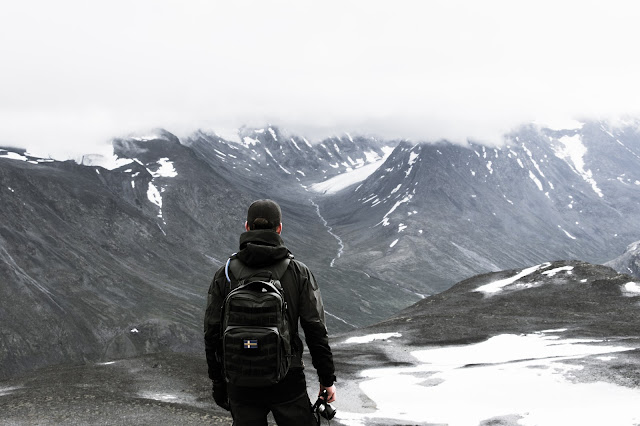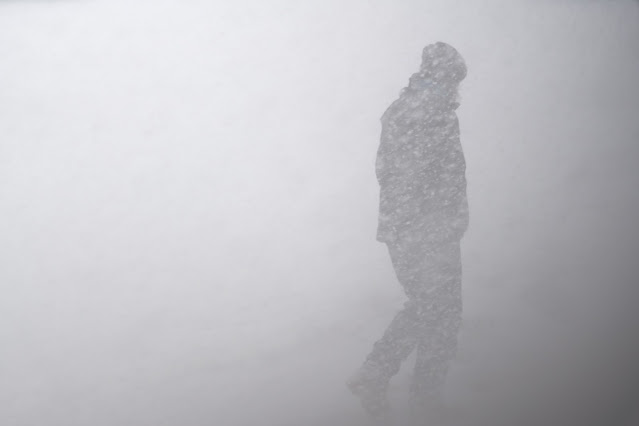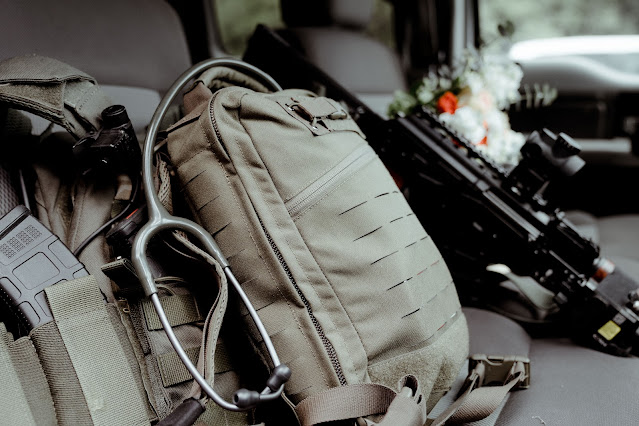Want to live off "the fat of" the land? Is it still possible today?
It is possible to live off the land, but it requires a
certain level of knowledge, skills, and resources. Some people choose to live
off the land in a self-sufficient manner, growing their own food, generating
their own power, and using natural resources in a sustainable way. Others may
live off the land in a more minimalistic or survivalist manner, relying on the
resources available in their environment to meet their basic needs.
To live off the land, you need to be able to find and gather food, water, and other resources, and to build shelter and protect yourself from the elements. You should also be familiar with the local flora and fauna and be able to identify which plants and animals are safe to eat. In addition, you should have basic skills in first aid, survival, and navigation.
It's important to note that living off the land can be physically and mentally challenging, and it requires a strong will and determination. It may also be difficult to find a suitable location to live off the land, as many areas may be privately owned or protected by law.
If you are considering living off the land, it is important to be well-prepared and to research and study the necessary skills and knowledge beforehand. It is also important to respect the environment and the resources you are using, and to ensure that your actions are sustainable and do not have a negative impact on the land or the local ecosystem.
What skills do you need to live off the fat of the land
There are
many skills that can be helpful when living off the land, and the specific
skills you will need will depend on the environment you are in and your
personal goals. Some key skills that may be useful include:
Foraging:
Being able to identify and collect edible plants and animals can be an
essential skill for living off the land. You should also be familiar with the
potential dangers of certain plants and animals and know how to avoid or
prepare them safely.
Shelter
building: Building a shelter that can protect you from the elements is an
important survival skill. You should be able to find or create materials to use
for building, and know how to construct a shelter that is sturdy, insulated,
and watertight.
Water
sourcing: Finding and purifying water is essential for survival. You should be
able to locate sources of water, such as streams or rivers, and know how to
purify water using filtration or boiling to make it safe to drink.
Fire
starting: Being able to start a fire is crucial for warmth, cooking, and signalling for help. You should know how to use a fire starter, such as a
lighter or matches, and be able to find and use tinder and other materials to
build a fire.
First
aid: Basic first aid knowledge can be valuable in a survival situation. You
should know how to treat minor injuries and illnesses and have a basic first
aid kit on hand.
Navigation:
Knowing how to use a map and compass, or other navigation tools, can help you
find your way out of the wilderness and avoid getting lost.
In addition to these skills, it can be helpful to have knowledge of other survival skills, such as
hunting and trapping, and to be physically fit and able to handle the challenges of living off the land. We can't all play video games everyday of the week! It is also important to have a positive attitude, determination, and the ability to adapt and problem-solve in order to
survive in a challenging environment.
Final words of advice
Here are a
few final words of advice for living off the land:
Do
your research: Before attempting to live off the land, it is important to
thoroughly research and study the necessary skills and knowledge. This may
include learning about the local flora and fauna, survival techniques, and the
environmental conditions you will be facing.
Be
prepared: Make sure you have the necessary equipment and supplies before
setting out to live off the land. This may include a knife, first aid kit, fire
starter, water bottle, map and compass, and other essential items.
Respect
the land: When living off the land, it is important to respect the environment
and the resources you are using. Follow sustainable practices and minimize your
impact on the land and the local ecosystem.
Keep
learning: Living off the land is a continuous learning process. As you gain
experience, continue to learn and improve your skills and knowledge to increase
your chances of success.
Stay
safe: Above all, prioritize your safety and well-being. If you are not
confident in your abilities or are facing a particularly challenging situation,
it may be best to seek help or find another solution.
Living off the land can be a rewarding and fulfilling experience, but it requires a certain level of
knowledge, skills, and resources. By following these tips and staying prepared and aware, you can increase your chances of success and enjoy a safe and sustainable lifestyle in harmony with the land.

















